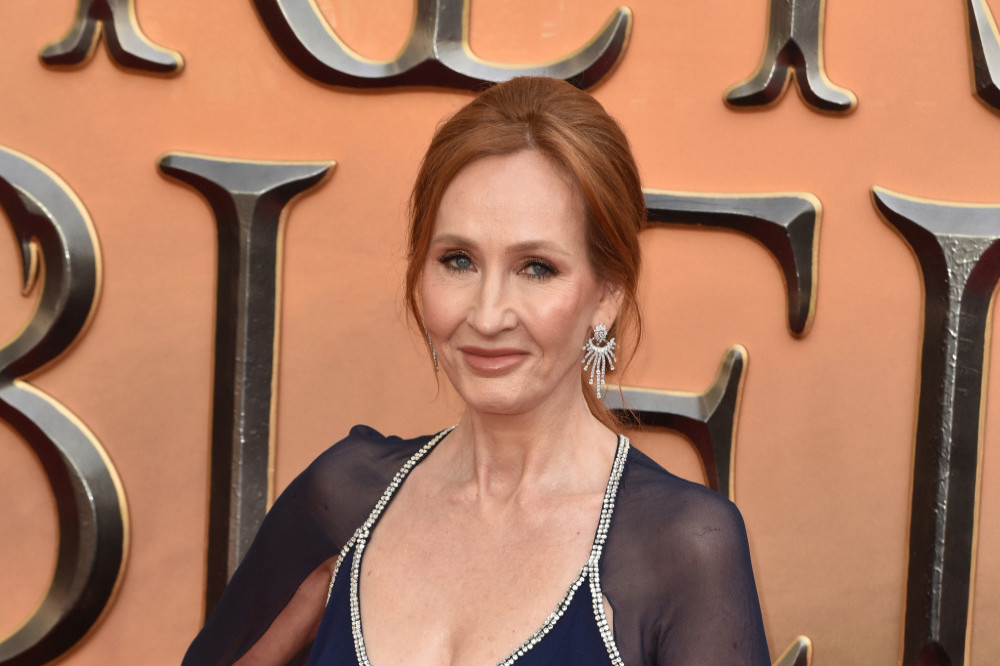JK Rowling struggled to call herself a "real writer" even after she had been published.

JK Rowling struggled to think of herself as a genuine writer even after the publication of Harry Potter
The 59-year-old author created the magical 'Harry Potter' franchise - which went on to become the best-selling book series of all time with more than 600 million copies sold wordwide - but admitted that because she had wanted to be a published writer so badly, she didn't want to think of herself as such even after the publication because she didn't want to "jinx" herself.
Asked when she realised it was a hit, she told The Sunday Times: "It’s all a bit of a blur, to be honest. Winning the Smarties Book Prize (in 1997) was a massive moment, and then I got a record advance from America and everything went crazy.
"I was overjoyed [when I made the bestsellers list] because it felt like something that happened to real writers.
"I can’t overstate how timid I was about calling myself a writer. Even after I was published I hesitated to say it out loud because I’d wanted it for so long and didn’t want to jinx myself."
Following the publication of 'Harry Potter and the Philosopher's Stone' in 1997, 'Harry Potter and the Chamber of Secrets' followed the year after and then 'Harry Potter and the Prisoner of Azkaban' came in 1999, by which time Rowling had sold the film rights to Warner Bros for a reported £1 million.
A further four books followed and after the release of eight films - which starred Daniel Radcliffe, Emma Watson and Rupert Grint - as well as the creation of a theme park, a studio tour and a West End play, the whole franchise is thought to be worth $25 billion.
Rowling - who also writes under the pseudonym of Robert Galbraith - explained that she knew what she wanted to do with the long-running story of the boy wizard and his time at Hogwarts School of Witchcraft and Wizardry by the time she had finished the first instalment but had made sure she could still "enjoy" putting pen to paper in the near-two decades that followed.
She said: "By the end of the first book I knew how the seventh would end and had worked out a lot of the details of the world, but I left enough leeway to enjoy creating things as I went. Although they’re such different genres, I’ve applied a lot of what I learnt about world-building on Potter to the Strike series. In my work, I like to know exactly where I’m going. In my life, not so much."
Tagged in Daniel Radcliffe Emma Watson Rupert Grint

